Pfizer Reports Promising Survival Benefits in Vepdegestrant Trial for Breast Cancer
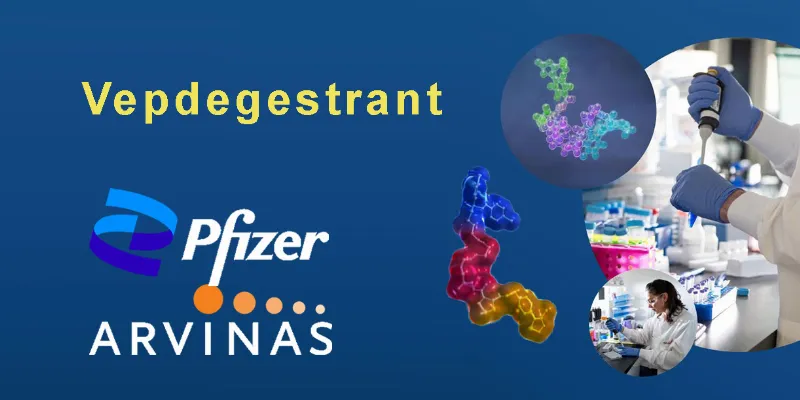
16 May 2024
Arvinas and Pfizer's recent Phase 1b clinical trial results reveal promising outcomes for vepdegestrant in combination with palbociclib in treating advanced ER+/HER2- breast cancer. Data shows a significant clinical benefit rate of 63%, an objective response rate of 41.9%, and a consistent safety profile. Notably, patients on the recommended 200 mg dose of vepdegestrant achieved a median progression-free survival of 13.9 months, highlighting its potential as a cornerstone breast cancer treatment.
In recent updates from a Phase 1b clinical trial, Arvinas and Pfizer have announced promising results for vepdegestrant, an investigational oral PROteolysis TArgeting Chimera (PROTAC®) estrogen receptor (ER) degrader combined with palbociclib (IBRANCE®), presented at the 2024 ESMO Breast Cancer Annual Congress. This investigational PROTAC estrogen receptor degrader shows promising activity in treating heavily pre-treated patients with locally advanced or metastatic ER+/HER2- breast cancer.
The findings, which were presented at the 2024 European Society for Medical Oncology (ESMO) Breast Cancer Annual Congress, build on earlier data released at the San Antonio Breast Cancer Symposium in December 2023. The updated results confirm the clinical benefit of the combination therapy, especially in patients who have undergone multiple previous treatments.
Dr. Noah Berkowitz, Chief Medical Officer at Arvinas, expressed optimism about the trial's outcomes, highlighting the consistent safety profile and encouraging efficacy data across different patient subgroups. “We're encouraged by the clinical activity and safety profile observed with vepdegestrant in combination with palbociclib in patients being treated for advanced ER+/HER2- breast cancer. The median progression-free survival and duration of response data suggest a promising therapeutic benefit for these patients regardless of ESR1 mutation status,” said Berkowitz.
Key Findings from the Study:
- Clinical Benefit and Response Rates: The trial reported a Clinical Benefit Rate (CBR) of 63%, with the rate climbing to 67% among those receiving the recommended Phase 3 dose of 200 mg vepdegestrant. The Objective Response Rate (ORR) in evaluable patients was 42%, indicating substantial tumor shrinkage or disease stabilization.
- Progression-Free Survival: Patients treated with the 200 mg dose achieved a median progression-free survival (PFS) of 13.9 months. This suggests that the combination therapy not only halts disease progression but does so over an extended period, offering hope for better patient outcomes.
- Genetic Analysis Impact: Importantly, the effectiveness of the treatment appeared robust irrespective of mutations in the ESR1 gene, a factor in the development of resistance to some other therapies. Reductions in circulating tumor DNA—an indicator of tumor presence—were observed early in the treatment cycle and sustained through subsequent cycles.
Meanwhile, Dr. Roger Dansey, Chief Development Officer, Oncology, Pfizer, emphasized the potential for this therapy to set a new standard of care in endocrine therapy for breast cancer. “With vepdegestrant, we hope to establish a new standard-of-care endocrine therapy backbone for patients with ER+/HER2- breast cancer, and the data shared at ESMO Breast Cancer continue to reinforce its potential,” said Dansey.
Mechanism and Safety Profile
Vepdegestrant operates as a PROTAC (PROteolysis TArgeting Chimera) molecule, designed to harness the body's natural protein disposal mechanisms to target and break down the estrogen receptor, potentially stopping the cancer's growth. This innovative approach could offer a significant advance in the treatment of breast cancer. The safety profile of the vepdegestrant and palbociclib combination was consistent with previous reports, with the most common serious adverse effects being neutropenia, a manageable condition with established treatment protocols.
Dr. Erika Hamilton from the Sarah Cannon Research Institute, a lead investigator in the study, remarked on the significant unmet needs in this patient population and the promising role vepdegestrant could play in addressing these challenges. She stated, “The data show promise that vepdegestrant could be a potential addition to current treatment options for this patient population, where there are significant unmet needs.”


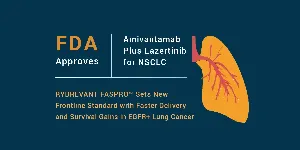
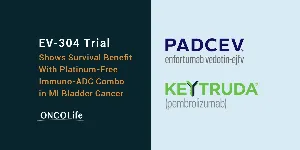


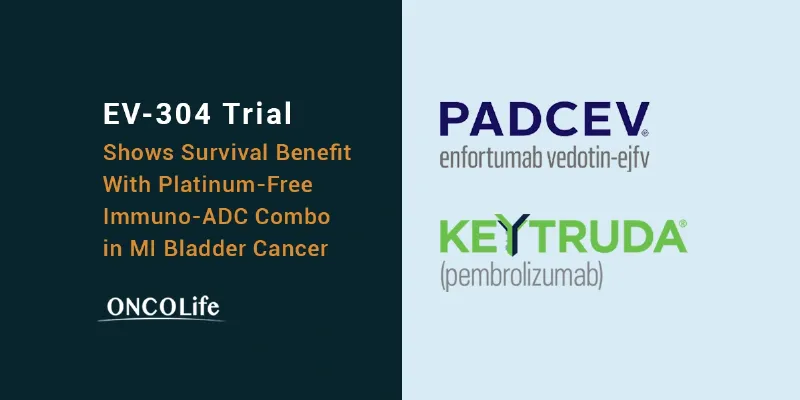

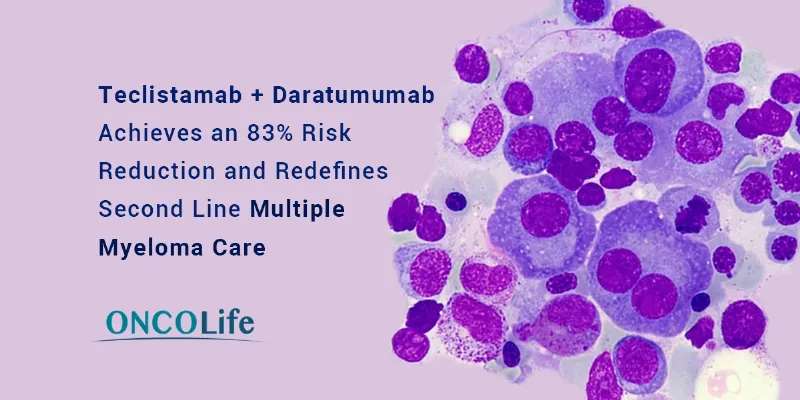
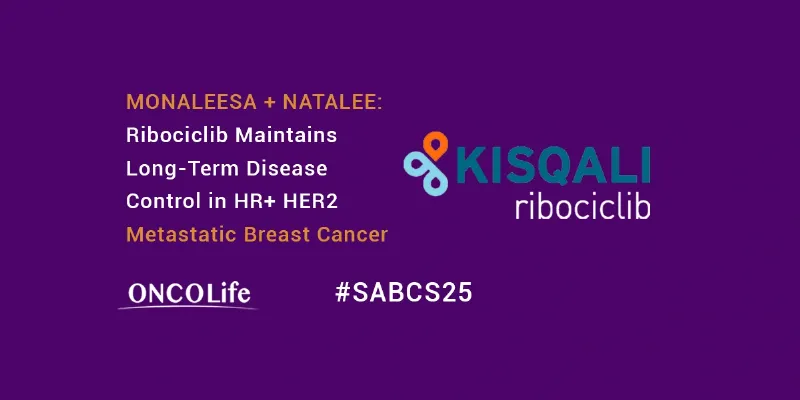
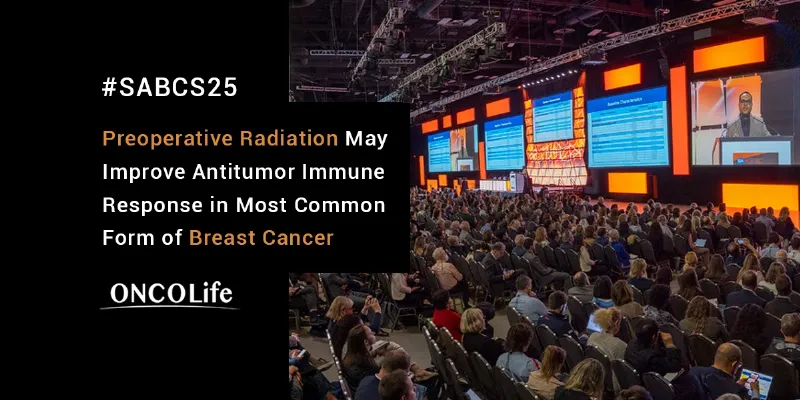
Comments
No Comments Yet!